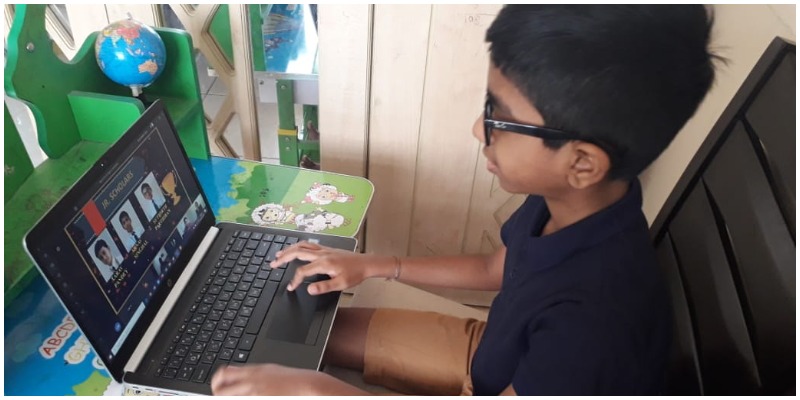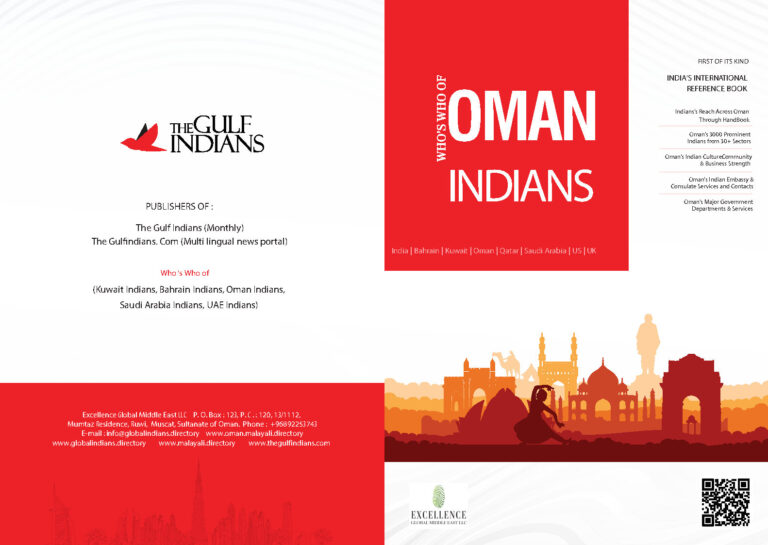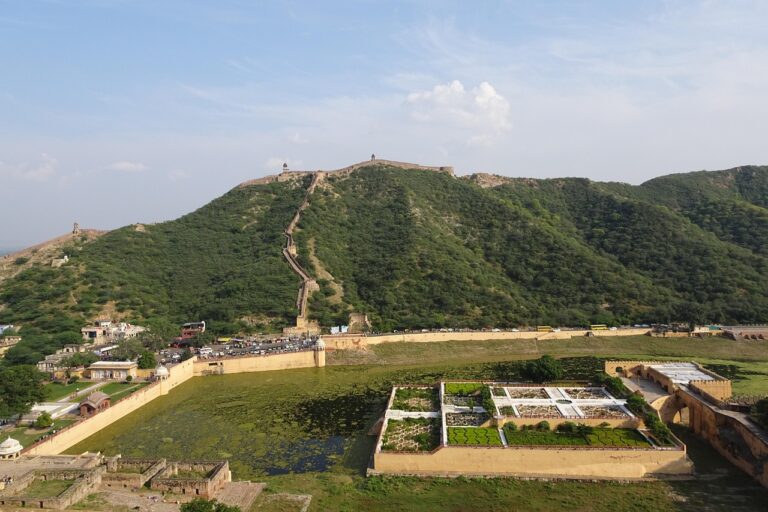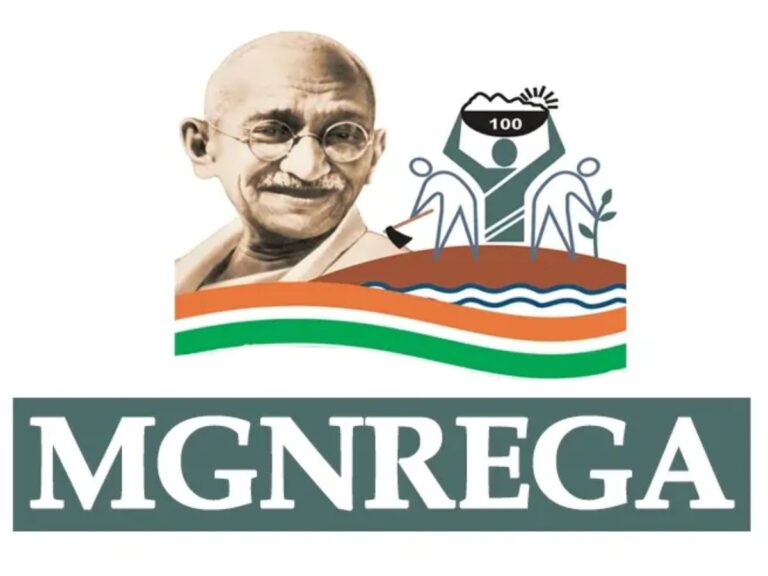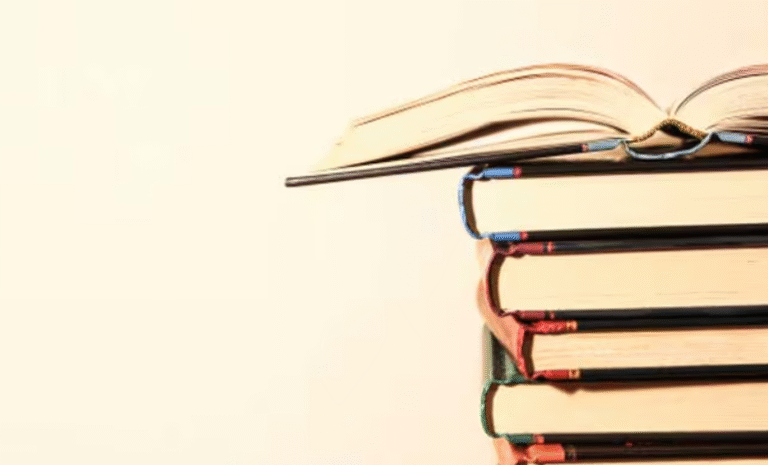ROSHIN GEORGE
Close on the heels of the private education regulators of Abu Dhabi and Dubai that permitted 100 per cent e-learning, the Sharjah Private Education Authority (SPEA) made a similar announcement, days after it had issued stringent guidelines that schools, parents and students should follow in the new term beginning on August 30.
The SPEA announced on its Instagram page on August 12, “If parents are reluctant to send kids to the schools in the first phase of re-opening, then they can choose the distance learning option.”
The SPEA had insisted on COVID-19 testing for all staff and students returning to school. Also, each school was to follow a model for return to the classroom, including a normal school day, shift system, alternate days, or a mix of online and in-person classes. Parents who had earlier opted for a hybrid model – both online and onsite classes in a week – shifted to the alternate model which had a combination of online and asynchronous (recorded videos of onsite sessions) learning.
Some parents expressed discomfort and concern about sending their children to school in the light of the pandemic and opted for a full distance learning option; authorities have now allowed it and many schools have confirmed that it will be provided for those who request it. Parents were not convinced about schools’ capacity to provide 100 per cent safety and students’ will to abide by the precautionary measures.
A parent this correspondent spoke to is hopeful, citing educators, that ICSE and CBSE will not conduct Board examinations this year and may opt for school assessments considering that India will take time to open up in the face of the pandemic’s alarming spread across the country.
A Sharjah-based Indian curriculum school that had announced first term examinations as soon as schools reopened has now changed examination dates to the second week of October for classes 6-9 and 11 while Grades 10 and 12 will have onsite exams in the third week of September “if the situation is under control”.


